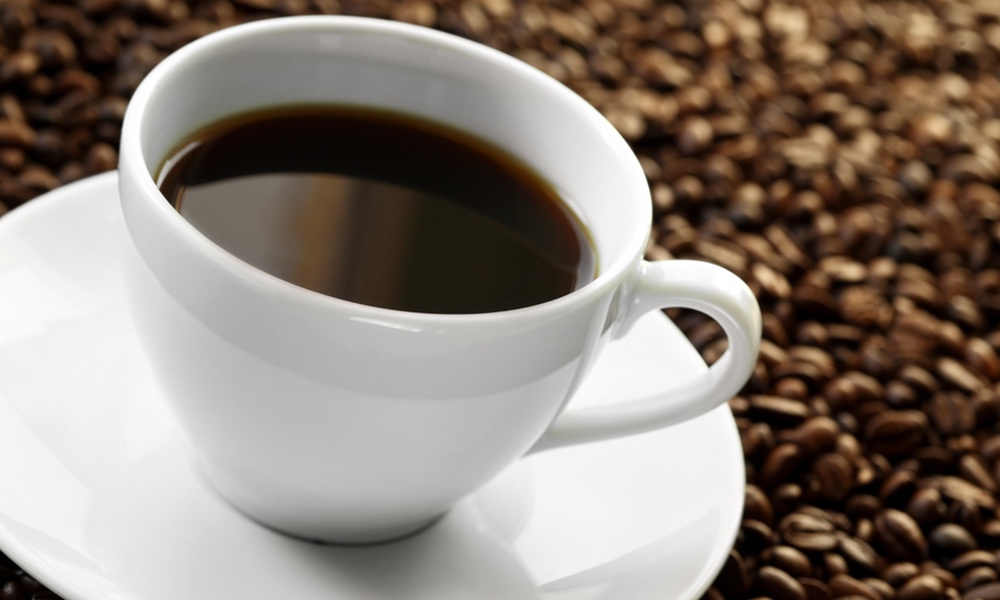Coffee and tea drinkers seem to have a lower risk of dying from cardiovascular disease, but the exact biochemical reason behind this association has not been clear. Now a new study may be on to something — it seems that caffeine interacts with certain factors at the cellular level to remove cholesterol from the bloodstream.
Caffeine is found in coffee, tea, soft drinks, energy drinks, chocolate and some dietary supplements.
On average, Americans drink 400 to 600 milligrams of caffeine each day — the equivalent of two to three cups of coffee. Experts agree that up to 400 milligrams a day is safe and can be part of a healthy diet. However, the health benefits of caffeine, particularly at higher quantities, have been more controversial.Caffeine initiates a series of events at the molecular level that ultimately lowers the amount of LDL (bad) cholesterol in the blood.
Caffeine consumption was associated with a reduction in the levels of a protein, called PCSK9, that decreases the ability of the liver to process excess amounts of low-density lipoproteins — LDL cholesterol — that it produces, they found. With less of this protein, more LDL can quickly be removed from the blood by way of the LDL receptor found on the liver’s surface.
Caffeine, along with its derivatives, does this by blocking the activation of another protein, SREBP2, which would otherwise increase the levels of PCSK9 and its movement into the blood, and result in higher levels of LDL cholesterol.The discovery raises the possibility of nutraceutical medications to lower LDL cholesterol and aid in the prevention and treatment of cardiovascular disease.
The results also indicate that everyday foods and beverages may have multifaceted effects in the body, particularly at the molecular level.
The study is published in Nature Communications.





